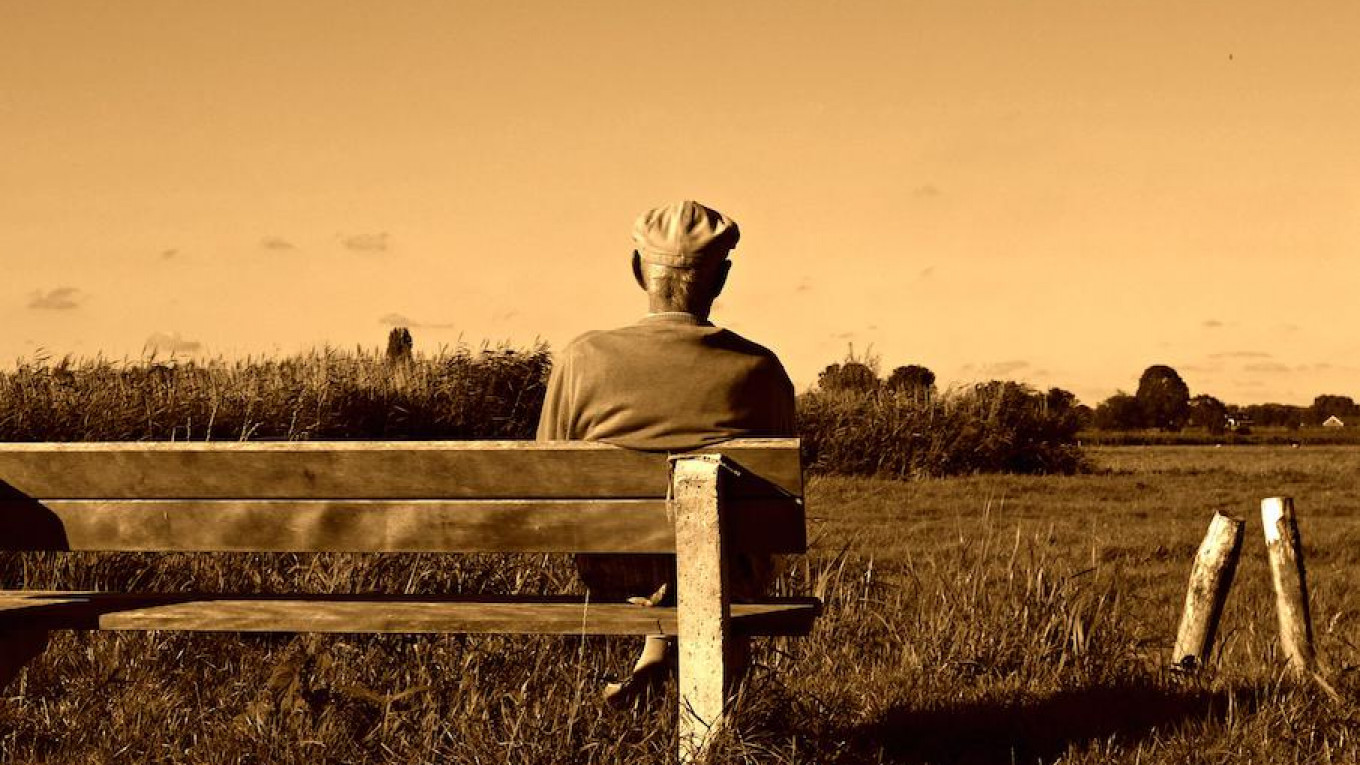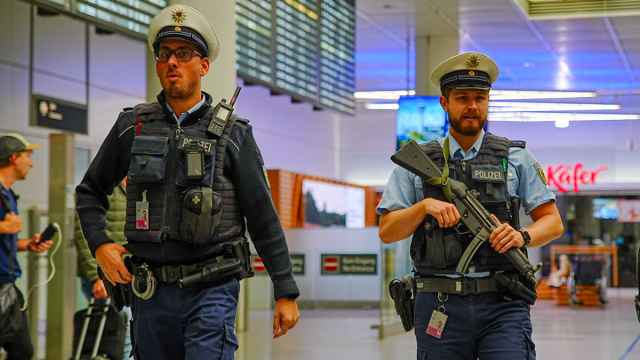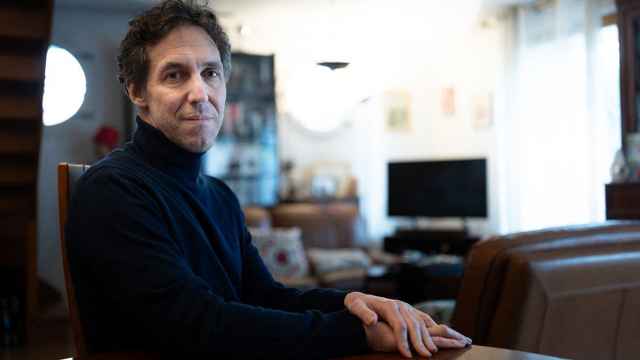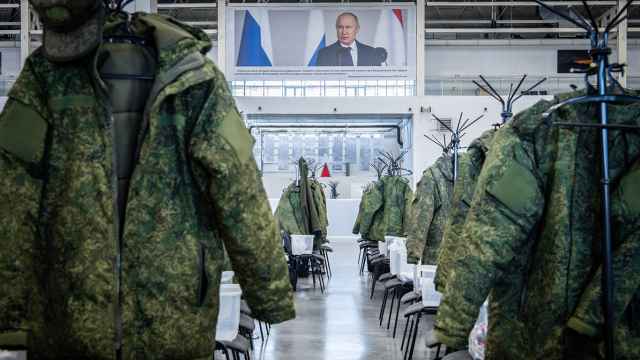Russia has staked its claim as one of the five worst countries in the world for pensioners, according to a new report.
The Natixis Global Retirement Index ranks Russia 40th out of 43 countries worldwide — below Turkey, China, and Mexico.
Only Brazil, Greece, and India have an even lower score.
Russia had a similar ranking last year, but its general score dropped by one percent, from 46 to 45 percent — with a 100 percent score representing the best conditions for pensioners.
The top three positions in the index are occupied by Norway, Switzerland, and Iceland. The U.S. ranks 17th.
The index takes into account 18 indicators across four sub-indexes: pension finance, material wellbeing, quality of life and health.
Since 2016, Russia worsened its position within the categories of “material well-being” (35th place) and “health” (42nd place) but increased in “quality of life” (36th place) and “finance” (43rd place).
Russia also has one of the lowest life expectancies out of the countries polled.
The country showed good results in only two categories: It took third place in the “public debt” category, and 11th for “pension load,” — the ratio between those aged 65 or over, and those aged 20 to 64.
In comments to RBC, economic analyst Alexander Safonov criticized the Natixis index for comparing countries with entirely different pension systems.
Unlike in certain Western countries, he said, “Russia’s pension system is financed by the state through a system of social benefits, Russia has one of the lowest age indicators for retirement, and medical treatment is free.”
He added the pensioner cohort consisted mostly of former industrial laborers. “That’s why their pensions are lower,” he said.
Russian pensioners have been among the hardest hit by Russia’s economic troubles as a result of low oil prices and Western sanctions over the country’s annexation in 2014.
“We have problems with inflation, and the index reflects that,” Safonov told RBC.
A Message from The Moscow Times:
Dear readers,
We are facing unprecedented challenges. Russia's Prosecutor General's Office has designated The Moscow Times as an "undesirable" organization, criminalizing our work and putting our staff at risk of prosecution. This follows our earlier unjust labeling as a "foreign agent."
These actions are direct attempts to silence independent journalism in Russia. The authorities claim our work "discredits the decisions of the Russian leadership." We see things differently: we strive to provide accurate, unbiased reporting on Russia.
We, the journalists of The Moscow Times, refuse to be silenced. But to continue our work, we need your help.
Your support, no matter how small, makes a world of difference. If you can, please support us monthly starting from just $2. It's quick to set up, and every contribution makes a significant impact.
By supporting The Moscow Times, you're defending open, independent journalism in the face of repression. Thank you for standing with us.
Remind me later.






